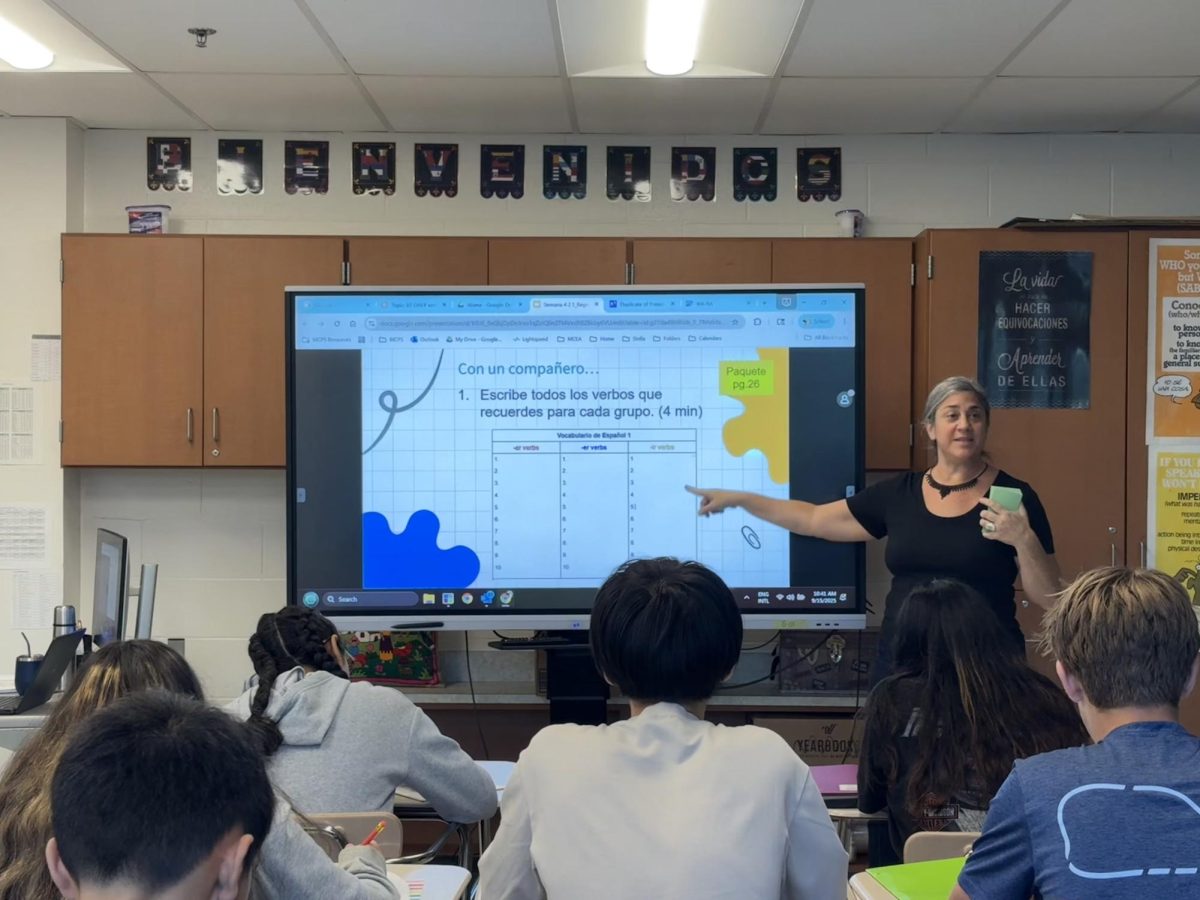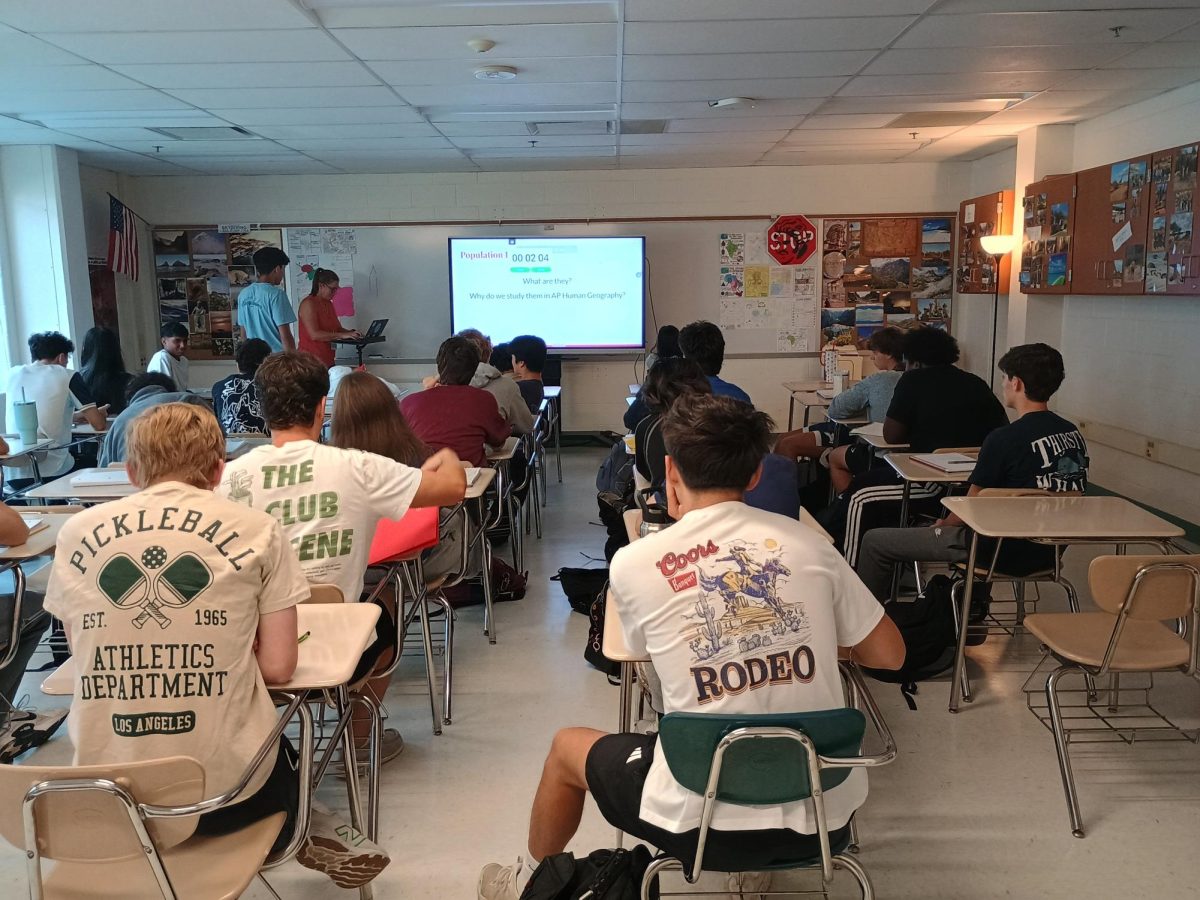Progressing from grade school to college comes with an increase in independence in preparing for class. Self learning is an important skill required for moving up in higher studies. Moreover, to continue to Ph.Ds and research projects, supervisors and professors may require more self-learning.
The difference between honors and AP courses is the amount of pre-studying required, whether it be textbook reading or research assignments. Many students find self-studying challenging because they prefer to be exposed to familiar items, whereas self-studying requires students to be exposed to new, unfamiliar concepts.
Students may feel more comfortable when teachers spoon feed information to them and they may hinder reading textbooks that are provided to them, arguing that self studying is not for them, which may harm students later on in class.
“Preparing for class gives you insight on what the class is going to test you on and be able to recognize the problems so you wouldn’t have trouble with them,” senior Hussain Muhammad said.
With the internet readily available at our fingertips, access to online articles, textbooks and resources are practically infinite. Moreover, resources like Khan Academy provide students a teacher-like experience with step by step instructions for concepts in various subjects.
In courses like AP World History and AP Microeconomics, students are expected to read pages and complete a reading guide or take notes in order to be an active participant in the lesson prepared for the next day. Pre-studying helps students understand their own lack of understanding prior to the in class lesson, helping them cover gaps in their knowledge.
Former Assistant Principal and current Social Studies teacher Christopher Merrill frequently assigns homework assignments, which help students.
“Homework assignments are given with the purpose to expand on the content described in class. Content in the homework assignments will help students on assessments such as DBQs,” Merrill said.
With the expansive syllabus, most students taking the course look to their success on the AP exams for motivation, knowing the potential of their score.
AP Economics is another class which pushes students to be self motivated. The class has a set structure—textbook readings, class notes, take-home quizzes and assessments—that helps students self-study regularly. Junior Waqif Waziri finds that the class promotes new methods of self-studying.
“Self studying is something I’m working on, and it’s helped me expand my understanding rather than just listening to the teacher. When you read the textbook by yourself and take the time to understand the content at your own pace -without leisure- help you understand your own deficits in understanding,” Waziri said.
However, disregarding in-class learning is not to be done; this is the time to address doubts and orient to the goal of the syllabus.
“The relationship between in-class learning and self learning is 50-50,” Merrill said.















